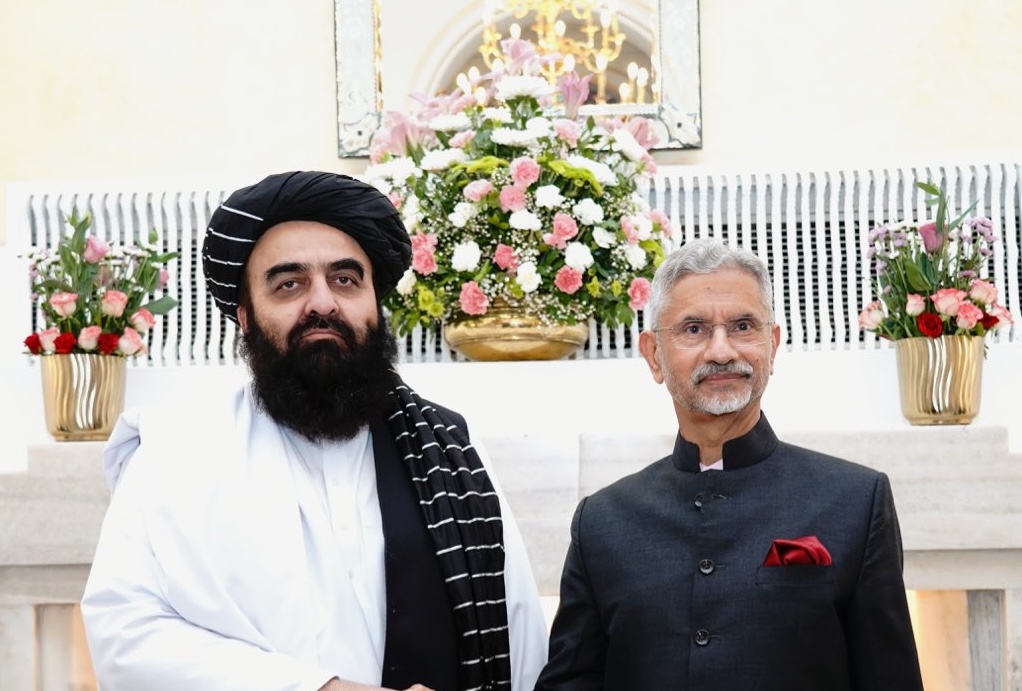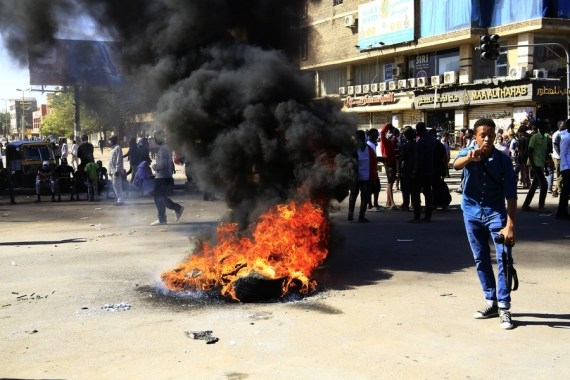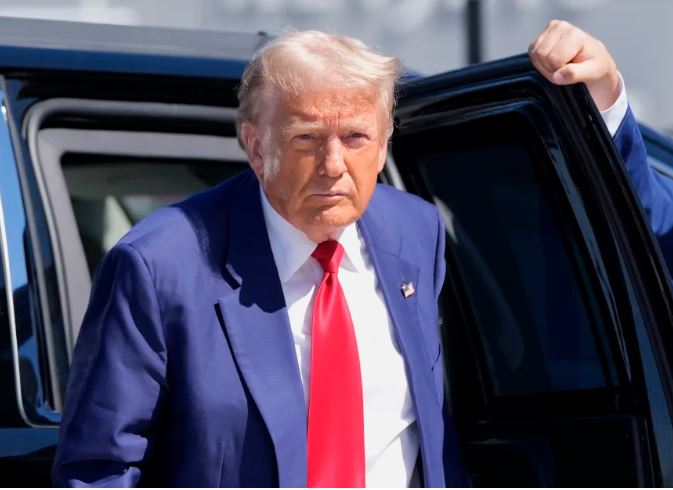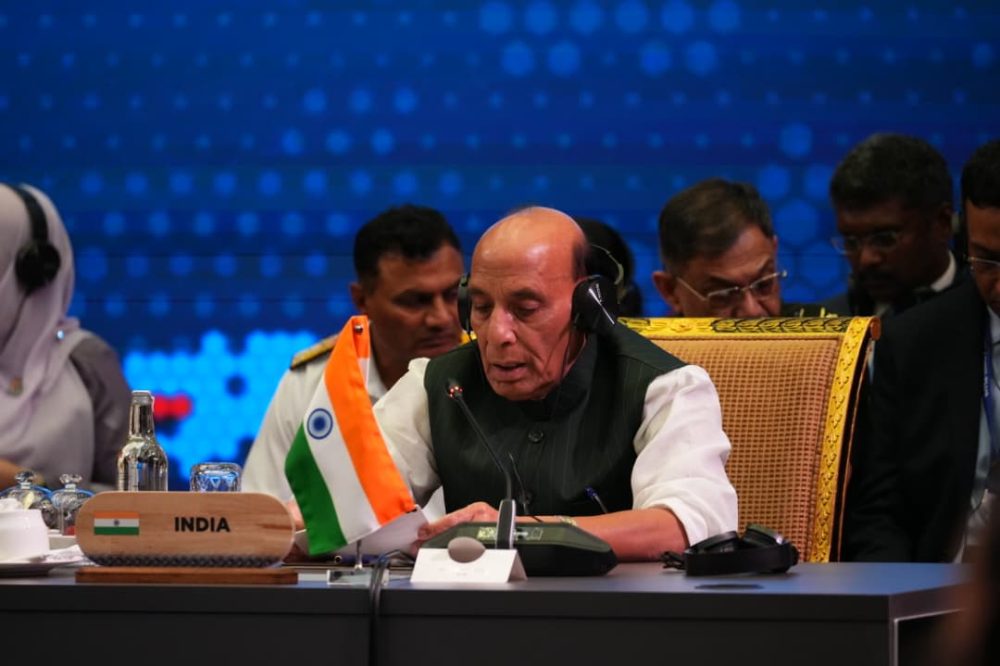India’s recalibrated Central Asia policy finds anchor in Afghanistan’s shifting landscape
India’s evolving engagement with Central Asia is increasingly inseparable from its approach to Afghanistan — a country that, in 2025, stands as both a prism and a pivot for regional security. Against the backdrop of the Taliban’s continued rule in Kabul and wider strategic realignments across Eurasia, New Delhi’s policy has taken on a more pragmatic edge, blending realpolitik, developmental diplomacy, and recalibrated security priorities.
The recent upgradation of India’s mission in Kabul into a full-fledged embassy, ongoing regional security dialogues, and deepening cooperation with Central Asian partners underline this proactive and multidimensional approach to anchoring stability in Afghanistan — and, by extension, the wider region.
Afghanistan’s significance for India remains primarily strategic rather than sentimental. Its position as a gateway to Central Asia makes it critical to trade corridors, energy routes, and regional balance. India’s long-standing focus on connectivity, counterterrorism, and economic integration continues to drive engagement, but the methods have evolved amid the Taliban’s resurgence, heightened regional competition, and persistent humanitarian strain.
In recent months, India has restored direct diplomatic engagement with the Taliban-led government in Kabul, culminating in the reinstatement of its embassy after Afghan Foreign Minister Amir Khan Muttaqi’s landmark visit to New Delhi. The move signals a pragmatic shift from rigid non-recognition to conditional engagement with Afghanistan’s de facto rulers. India has stressed mutual respect for sovereignty while reiterating its key concerns — ensuring Afghan soil is not used for activities hostile to India, strengthening connectivity, and safeguarding regional security.
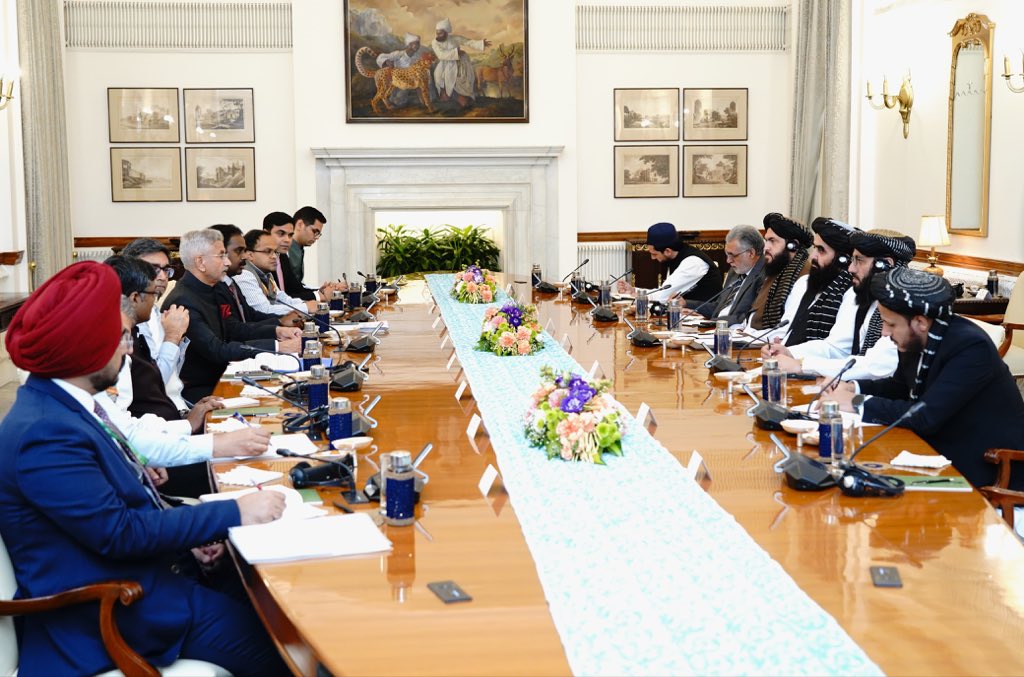
The Taliban’s assurance that its territory will not be used against Indian interests has provided limited reassurance for incremental cooperation. However, this outreach is framed as “engagement without recognition.” New Delhi continues to hold principled reservations about the Taliban’s legitimacy and inclusivity but remains focused on advancing humanitarian, developmental, and strategic objectives.
Analysts, including Darkchi, note that this calibrated stance reflects India’s growing comfort with flexible diplomacy — engaging the Taliban where necessary while keeping moral distance. The lifting of international travel restrictions on Afghan officials and quiet normalization of contacts among regional powers further illustrate this emerging trend.
Security cooperation — particularly on counterterrorism — remains central to India’s dialogue with Central Asian states. The October 2025 NSA-level meeting in Bishkek brought together senior security officials from India and the five Central Asian republics to tackle shared threats such as terrorism, radicalisation, and narcotics trafficking, all intensified by Afghanistan’s instability. India advocates coordinated intelligence-sharing, capacity-building, and joint counter-extremism initiatives, recognising that porous borders leave Central Asia vulnerable to spillover violence.
Policy-makers in New Delhi view the persistence of groups such as ISKP, Al-Qaeda affiliates, and transnational terror networks in Afghanistan as a direct threat to Indian and regional stability. Through platforms like the India–Central Asia Dialogue, India continues to push for collective action to disrupt these networks, enhance border controls, and curb drug trafficking — underscoring that Afghan stability is a regional responsibility, not merely a national concern.
India’s infrastructural and developmental footprint in Afghanistan reinforces this approach. Projects like the Chabahar–Zaranj–Delaram corridor, developed in partnership with Iran, demonstrate India’s strategy to bypass Pakistan and open access to Central Asia. The operational India–Afghanistan Air Freight Corridor, along with Indian-funded hospitals, schools, and humanitarian projects, highlight a soft-power dimension that continues to resonate among Afghans.
India’s contemporary outreach to Central Asia — framed through the Afghan lens — underscores a maturing foreign policy that is adaptive, strategic, and regionally engaged. By restoring its embassy, deepening counterterrorism dialogues, and reinforcing connectivity and humanitarian efforts, New Delhi signals its intent to remain a stabilising force in Eurasia.
As Darkchi observes, India’s blend of pragmatism and principle represents “a steady hand in a volatile neighbourhood.” With security, diplomacy, and development converging, New Delhi’s focus remains clear: to shape a secure, interconnected, and prosperous Eurasian order — one where Afghanistan’s stability is both a means and a mandate for broader regional transformation.


